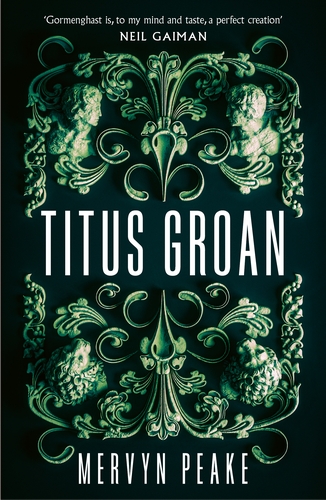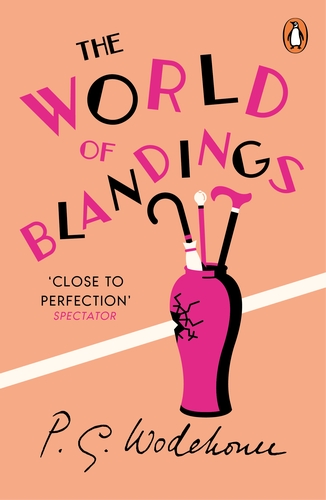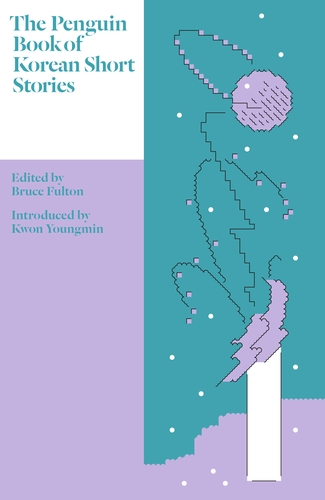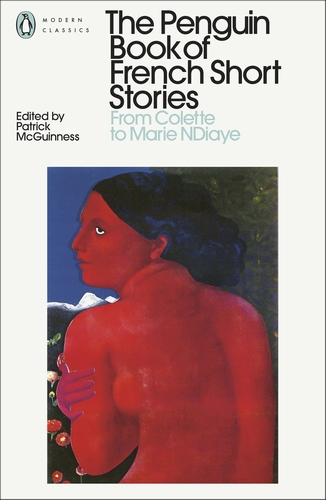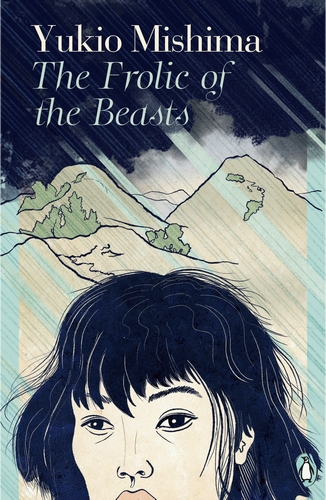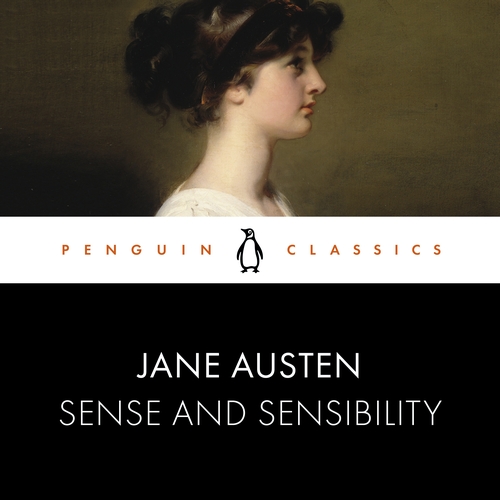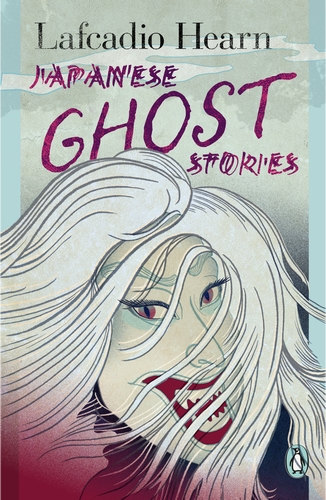Author:Nick Joaquin

Nick Joaquin is widely considered one of the greatest Filipino writers, but he has remained little-known outside his home country despite writing in English. With the post-colonial sensibilities of Junot Diaz, Teju Cole, and Jhumpa Lahiri and an ironic perspective of colonial history resonant with Marques and Llosa, Joaquin is a long-neglected writer ready to join the ranks of the world classics. His work meditates on the questions and challenges of the Filipino individual's new freedom after a long history of colonialism, exploring folklore, centuries-old Catholic rites, the Spanish colonial past, magical realism, and baroque splendour and excess. This collection features his best-known story, 'The Woman Who Had Two Navels,' centred on Philippine emigrants living in Hong Kong and later expanded into a novel, the much-anthologised story 'May Day Eve,' and a canonical play, A Portrait of the Artist as Filipino.
Nick Joaquin is akin to Gabriel Garcia Marquez in the extravagant, surreal imagery of his stories, the fatalistic humor, the intricate weaving of history and memory, the spiritual and the sensual, the personal and the political. He is a writer deserving wider recognition, whose magical Macondo was the very real Philippines, in all its beauty, splendor and ruin. Behold this collection of marvels
—— Jessica HagedornThe Philippines is central to two empires, the Spanish and the American. Joaquin is central to the literature of the Philippines. To read Joaquin is to gain access to how three cultures intersected in the Pacific, mixing explosively with blood, violence, and fantasy in ways that foreshadow what is happening in the Philippines today. As with all great writers, Joaquin remains our contemporary
—— Viet Thanh NguyenManila was Joaquin s birthplace and his muse; yet the priests, socialites, and activists who populate these pages also evoke a globetrotting intellect and a wondrous universe all his own. This book brilliantly captures the singular genius of Nick Joaquin, and will seduce readers everywhere who are meeting this giant of Philippine literature for the first time
—— Mia AlvarOne cannot overstate what Nick Joaquin is to Philippine literature. Writing in English with the melody of Spanish and Tagalog, Joaquin was the first Filipino writer to focus on the impossible contradictions of a tribal civilization overlain by Spanish and American world views. And because that tribal civilization was woman-centered, Joaquin's heroines are as complex, romantic and defiant as Madame Bovary and Anna Karenina
—— Ninotchka RoscaA standout collection (...) a transporting read, and a fierce elegy for a past that never was
—— NPRSteeped in Filipino history and culture, Joaquin's work is a welcome discovery
—— Kirkus ReviewsJohn Niven is surely the most rollickingly outrageous novelist of his generation …emotionally satisfying, entertaining, dazzlingly written.
—— i NewsBrimming with rumbustious, bawdy energy.
—— Mail on SundayA very entertaining read.
—— Daily MailWe laughed out loud.
—— new!The novel fluently pits a determinedly feminised consciousness against a rapidly changing England divided over immigration, gay rights and a burgeoning youth culture… [Freya is] brilliant, modern, wilful and a fascinatingly unreliable witness to her own flawed character… [Quinn’s] skill at depicting social and political turbulence through the prism of personal experience proves just as nimble [as his previous novels].
—— Claire Allfree , Daily MailQuinn’s willingness fully to detail each of his scenes attests to his years as a film critic… It is a big but nuanced work.
—— Wynn Wheldon , SpectatorHugely impressive new novel… The novel is satisfyingly complex and sets you thinking, but most of all you read it, at a gallop in my case, because of the sheer quality of Quinn’s prose – the apparent effortlessness with which he pulls off plotting, pacing and period features… Above all there is his ear for dialogue. The whole is a pure pleasure.
—— Peter Stanford , TabletFreya is one of those rare, sympathetic novels that improves the more time the reader gives it.
—— David Renton , Literary ReviewIt is the relationship between the reader and Freya that is most powerful. And, in the end, it is more real than the friendship between Freya and Nancy as you find yourself hoping that this sharp, contrary woman succeeds.
—— Alice Thomson , The TimesA remarkable portrait of post-war British society, the changing role of women and the barriers faced by female writers… Quinn has a lightness of touch and his deep empathy for his subject makes Freya an engrossing and memorable read.
—— Charlotte Heathcote , Daily ExpressBrilliantly suspenseful novel… His skill lies in his ability to milk all the nostalgic appeal of his milieu… Quinn is too sharp-eyed, and even his most outlandish characters can bewitch and repel in equal measure. He is particularly good on the trancelike self-absorption of youth… Chapters crescendo towards cliffhanger endings, and the narrative hips on to its immensely satisfying end.
—— Oldie , Emily BearnA particularly well-drawn study of a strong-willed and abrasive young woman determined to make her way in a man’s world.
—— Simon Shaw , Mail on Sunday
